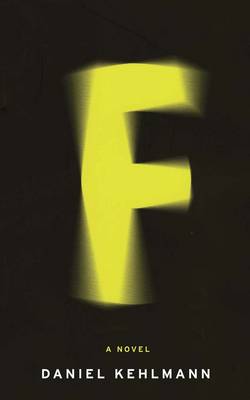 Daniel Kehlmann, F (2013)
Daniel Kehlmann, F (2013)
Translated from the German by Carol Brown Janeway (2014)
I keep wanting to call F a family saga in reverse; but that description, though snappy, isn’t quite right. Let’s say that F is a novel about several generations of a family, which highlights that we approach family history by working backwards, and thereby have to piece everything together to make sense of it.
We begin in 1984, when the Friedland brothers go with their father Arthur to a hypnotism show. The hypnotist tells Arthur it’s time to make the change in life that he always wanted; next thing the boys know, their father has gone away, taking his passport. They won’t see Arthur again for years – but in the meantime, he will become an internationally famous author. The bulk of the novel follows the brothers in adulthood: Martin, the priest; Eric, the financier; Ivan, the painter – each fundamentally a fraud in his chosen profession. Their stories overlap, but in reverse chronological order; so the causes of certain events become clear only gradually, and we see the contrasting ways in which the Friedland brothers view each other.
In another section, Arthur gallops back through the generations of his family, a survey of centuries that serves to illustrate how little he ultimately knows. The final chapters of F focus on Eric’s daughter, and tie up a few loose ends – for the reader, of course; Kehlmann’s choice of viewpoint character reminds us that, as a new generation emerges, the stories of the old one recede into mystery.
Carol Brown Janeway’s translation effectively facilitates F’s movement through different tones: from social realism to humour to gothic nightmare and beyond. I knew nothing about Daniel Kehlmann’s work before starting F; now I want to read everything I can that he’s written, and I would be very happy to see this novel on the IFFP shortlist.
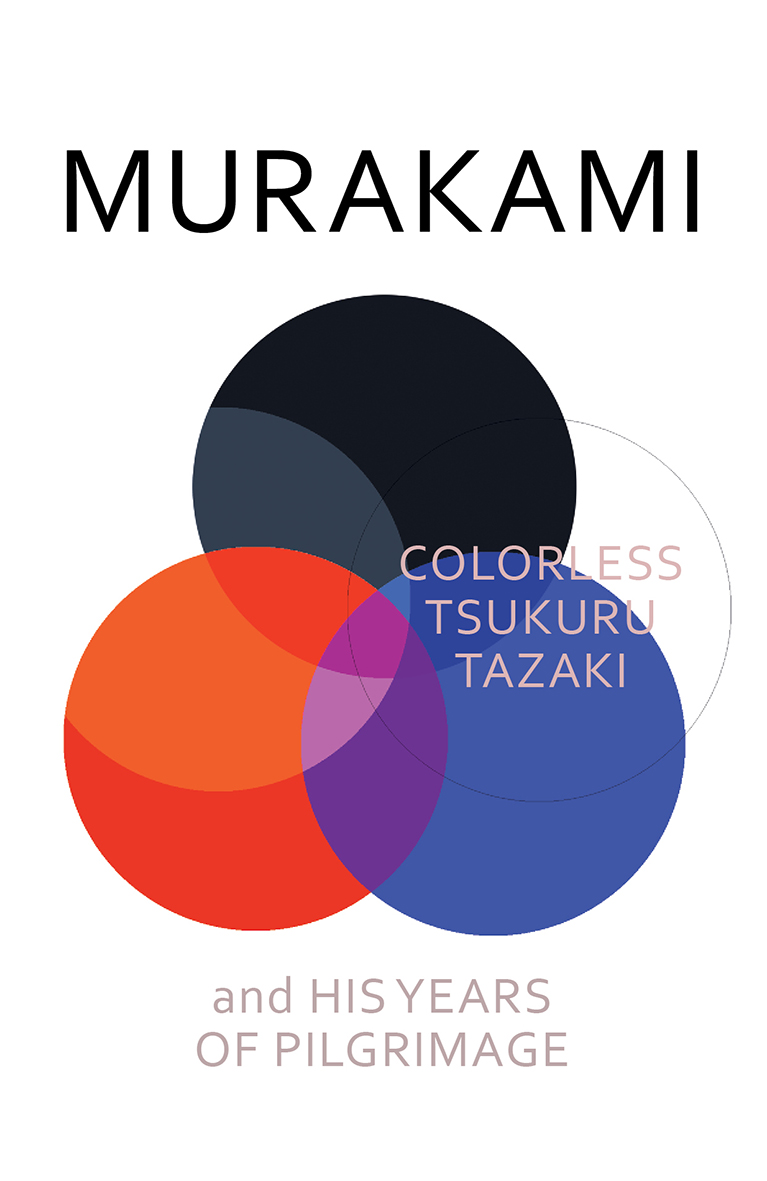
Haruki Murakami, Colorless Tsukuru Tazaki and His Years of Pilgrimage (2014)
Translated from the Japanese by Philip Gabriel
So, time for my second encounter with the work of Haruki Murakami. I had a hunch that the IFFP would bring this, and felt both intrigued and apprehensive at the prospect. The first Murakami I read, Sputnik Sweetheart a couple of years ago, didn’t leave much of an impression. I have wondered whether he’s the kind of author for whom you need to have ‘caught the bug’ at the right time (as can be the way with such prolific writers). Obviously I’d need to read more to find that out, but going straight to an author’s latest book is not necessarily the best way. Still, Colorless Tsukuru Tazaki is the book on the table for the IFFP, and I like it better than Sputnik Sweetheart – albeit not quite enough to send me off to read all his work.
Tsukuru Tazaki is 36, designs train stations for a living, and is drifting aimlessly through life. At high school, he was part of a close-knit quintet of friends – though he felt an outlier, simply because he was only one without a colour in his name. Then, one day, they asked him not to contact them any more – and Tsukuru never quite got over it. Now he’s seeing a woman, Sara, who convinces him it’s time to track down his old friends and find out why they cut him off.
It took me a while to warm to Colorless Tsukuru Tazaki – at the beginning, it seemed that barely a page went by without an overwrought simile – but my interest began to be perked when Tsukuru’s search got underway. Tsukuru is someone who makes things (that’s even what his name means), and the way he works through his problem is both kinetic (going to visit his friends once he finds out where they are) and rooted in physicality (one of the novel’s key metaphors is how much Tsukuru and friends have changed over the years, perhaps without realising). I think that sense was what ultimately made Colorless Tzukuru Tazaki work for me. If I were more familiar with Murakami’s work, I might have picked up on more, but there it is. I don’t have particularly strong feelings either way about the prospect of the book making the IFFP shortlist, but I wouldn’t be surprised if it did.
Read my other posts on the 2015 Independent Foreign Fiction Prize here.
Like this:
Like Loading...
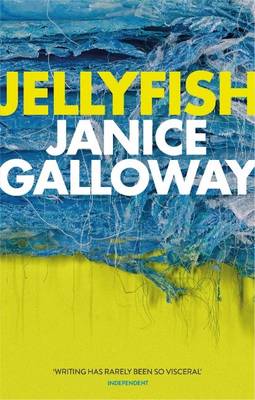 The first is a review of Jellyfish, the new short story collection by Janice Galloway:
The first is a review of Jellyfish, the new short story collection by Janice Galloway: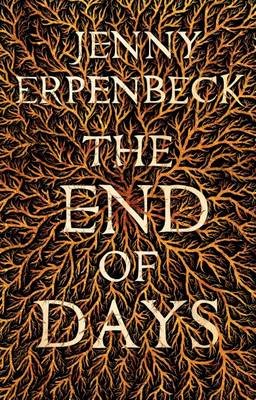
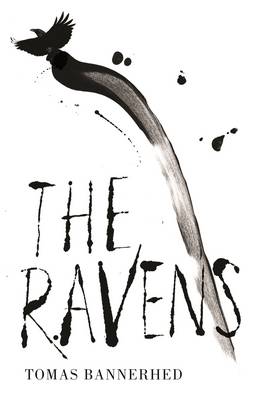
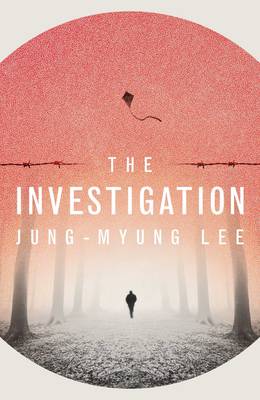

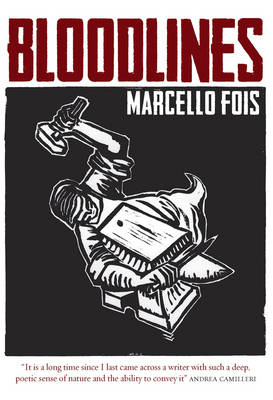
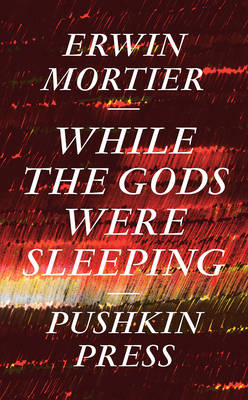
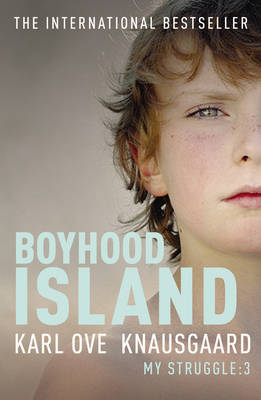
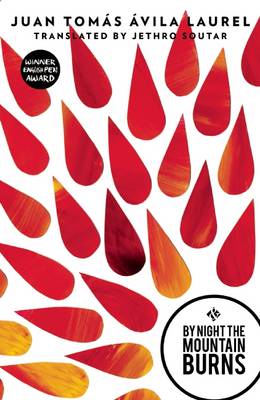


Recent Comments